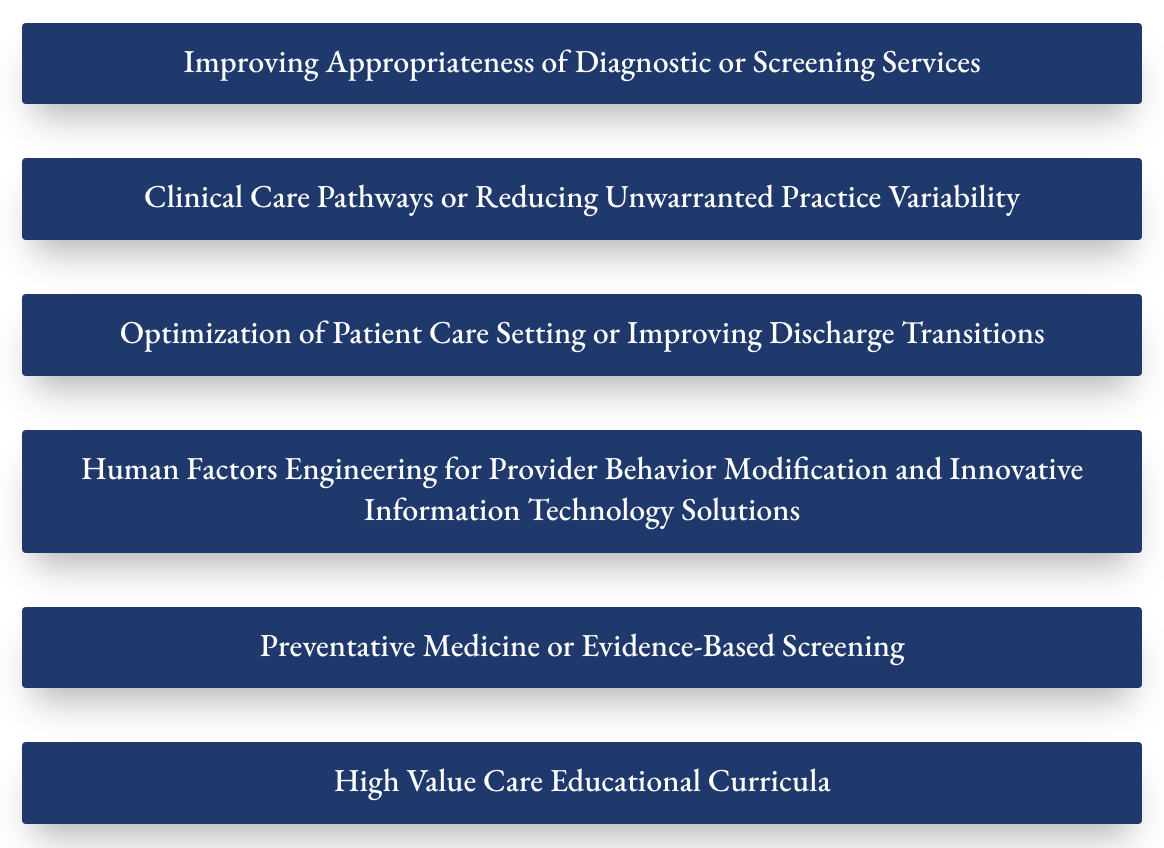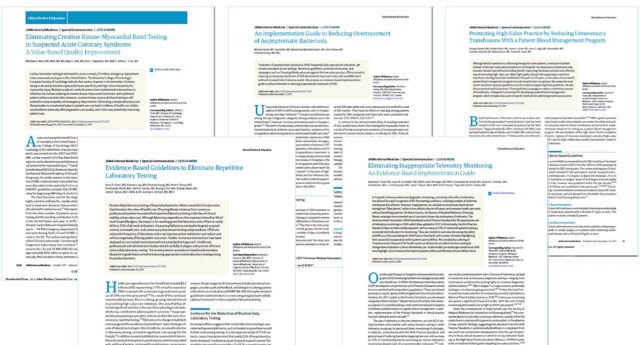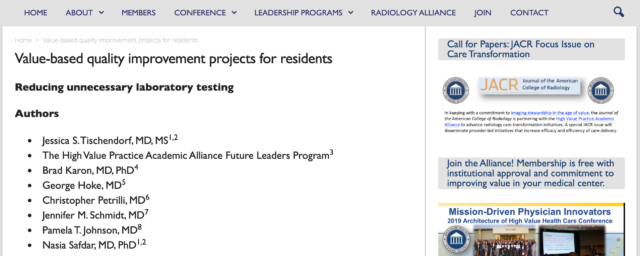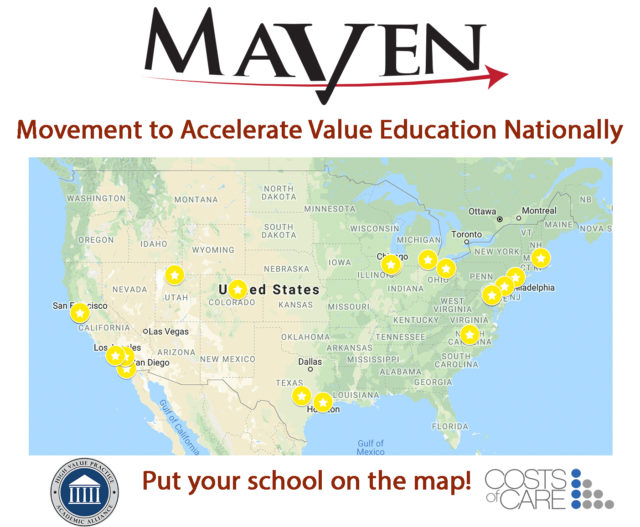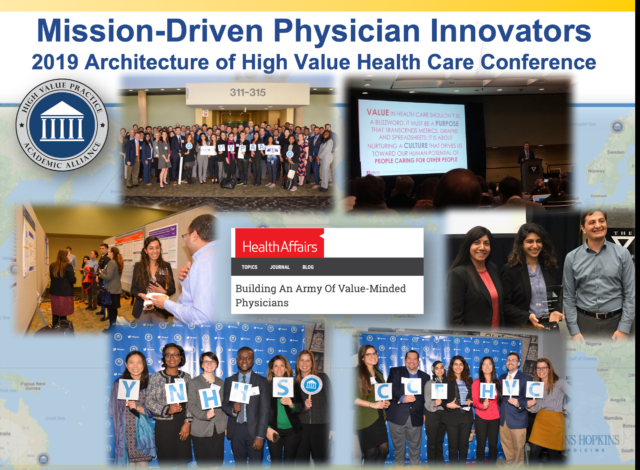From the 2019 HVPAA National Conference
Dr. Alexander Loeb (Johns Hopkins University School of Medicine), Dr. Dawn LaPorte (Johns Hopkins University School of Medicine), Dr. Johnathan Bernard (National Sports Medicine Institute)
Introduction
Competency-based assessment of resident skill has become a new focus of the Accreditation Council for Graduate Medical Education (ACGME), though the ACGME recognizes there is a paucity of validated assessment methods and tools for evaluation. The ACGME Orthopaedic Surgery Milestones, such as Meniscal Tear, represent a select number of conditions and professional skills that have been deemed crucial for development of the generalist orthopaedic trainee. We propose that a standardized and unbiased Task-Specific Checklist created through a Delphi model may be validated in assessing resident competency.
Methods
Twenty-four orthopaedic surgery residents performed diagnostic arthroscopy, partial meniscectomies, and all-inside meniscus repairs with a high-fidelity cadaver arthroscopic model. Anonymous arthroscopic video was recorded for later review. Demographic data including case log data was recorded for each participant. A series of three Task-Specific Checklists were created for diagnostic arthroscopy, partial meniscectomy, and meniscal repair using a modified Delphi survey method. Anonymous video was independently reviewed and graded by fellowship-trained surgeons using the Task-Specific Checklists and a previously validated Arthroscopic Surgical Skill Evaluation Tool.
Results
Average time to complete all procedures was 42 minutes. Total time to perform all procedures and time to perform the diagnostic arthroscopy decreased with total case log volume, arthroscopic case log volume, and postgraduate year (all p<.05). Quality of operation as determined by Task-Specific Checklist scores increased with postgraduate year.
Conclusions
Anonymous arthroscopic video can be evaluated by Task-Specific Checklists to assess resident competence. This model could be replicated with other residency programs and expanded to other Milestones to provide an objective method of assessment for surgical competence.
Clinical Implications
With duty hour restrictions on training and healthcare’s cumulative higher benchmark for patient safety, accurate simulations that objectively assess trainees are the future of resident education. This first foray into the objective measure of Milestones represents an important step forward in training education.
